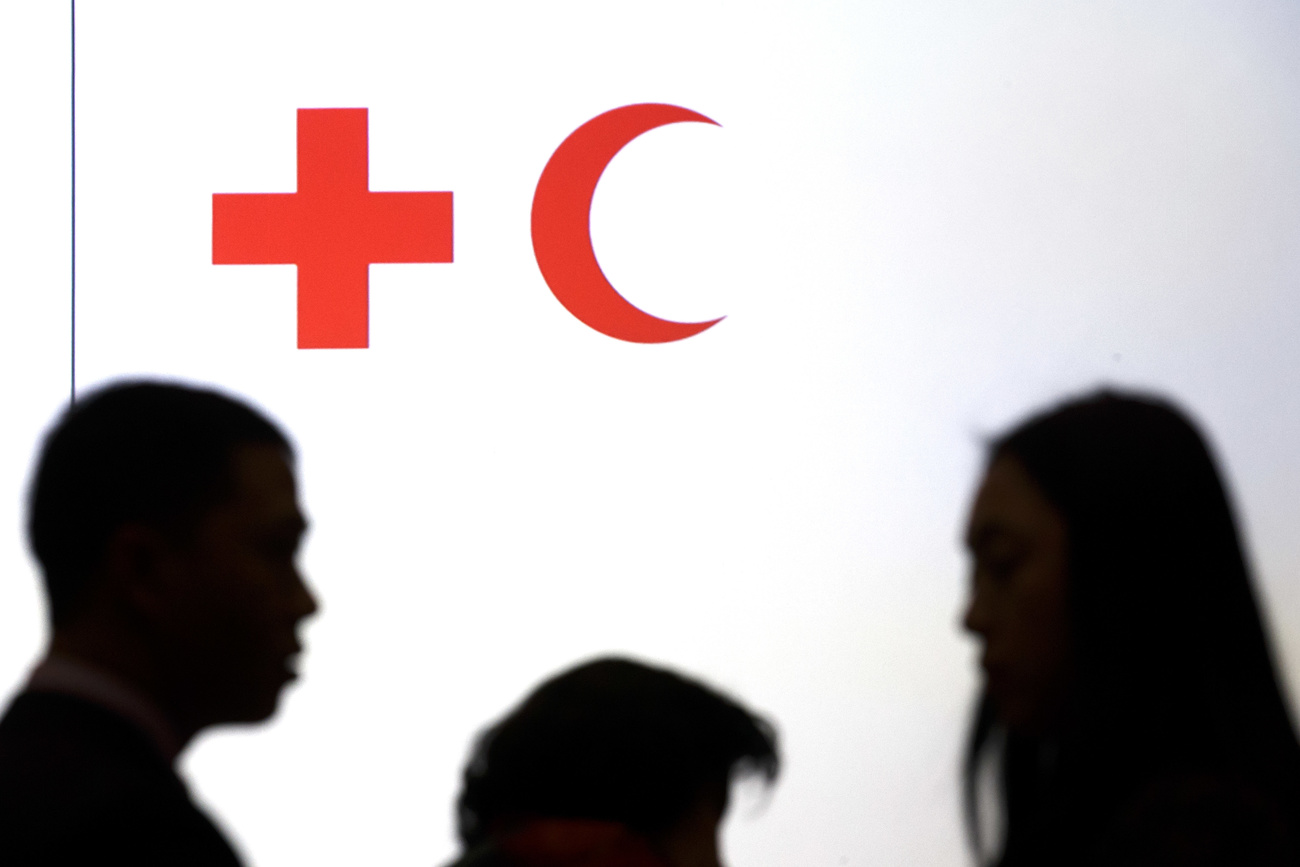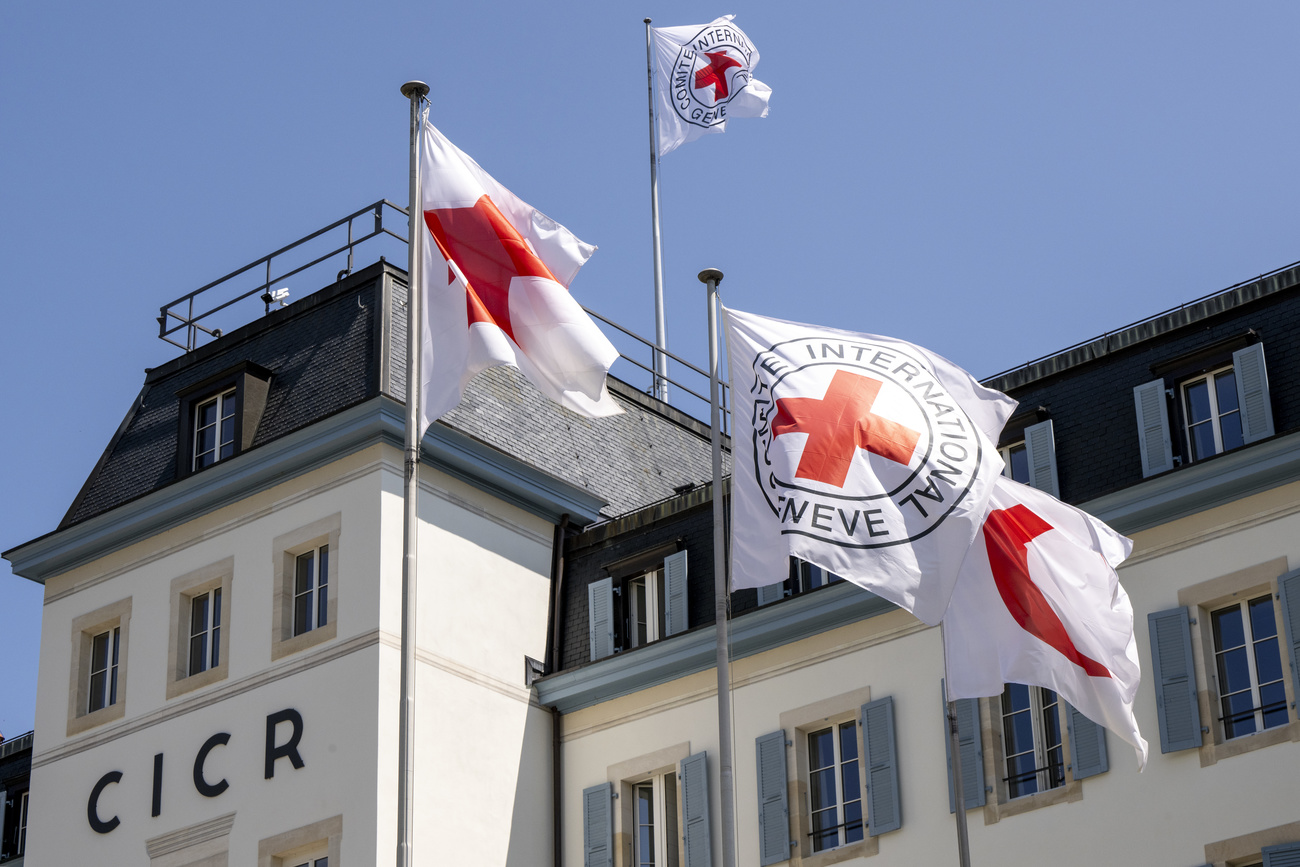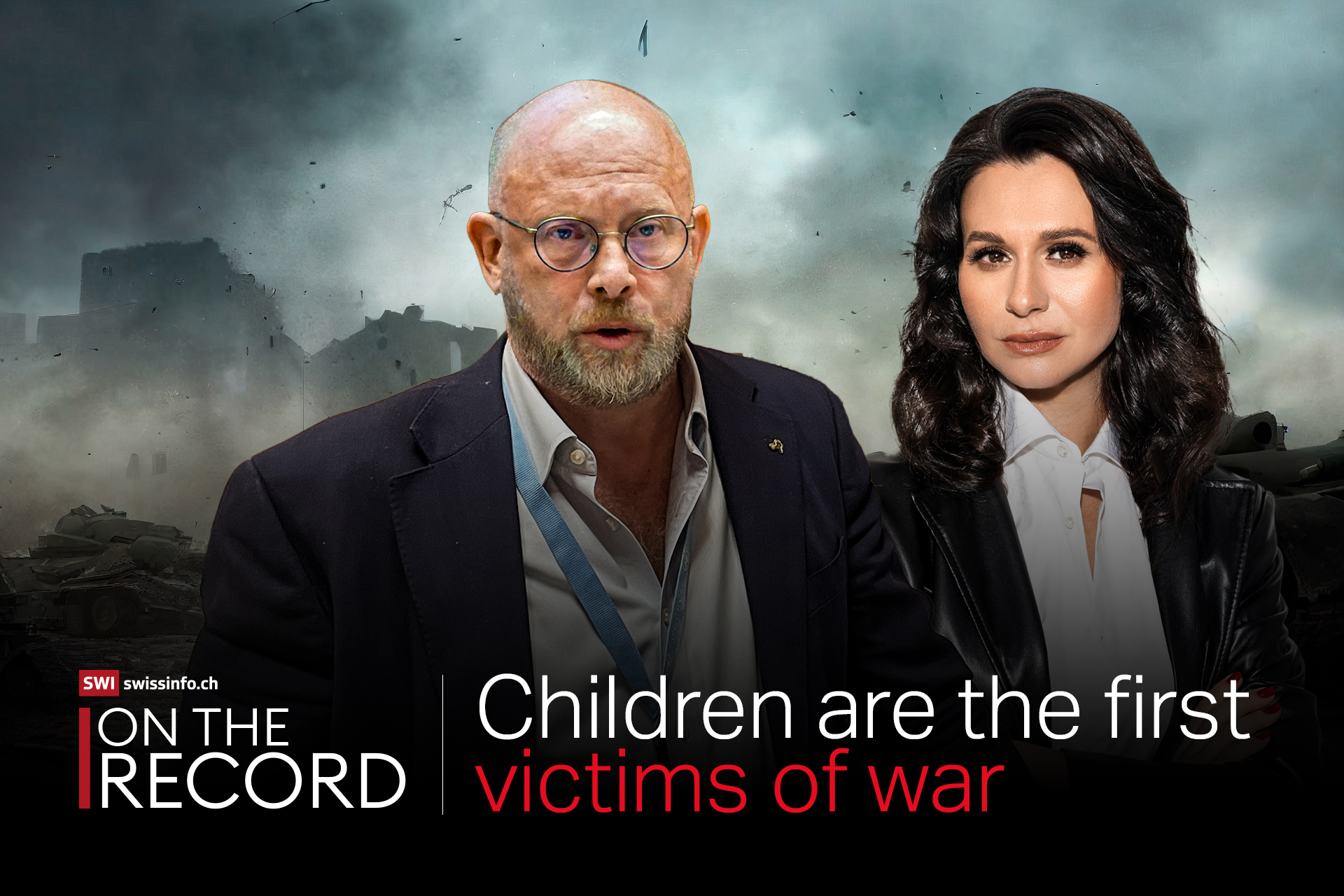
Red Cross suspends Belarus’ membership over Ukrainian child transfers

The Geneva-based International Federation of Red Cross and Red Crescent Societies (IFRC) suspended the Belarusian chapter on Friday, after its chief stirred international outrage for boasting that it was actively ferrying Ukrainian children from Russian-controlled areas to Belarus.
The IFRC halted the membership of the Belarus branch after it refused to oust its leader Dzmitry Shautsou. He is accused of having breached the Red Cross’ much-vaunted and much-defended standards of neutrality and integrity. The board of IFRC had given the Belarus Red Cross until November 30 to dismiss him, and said it would suspend the branch if it didn’t.

More
Outrage over Belarus Red Cross’s involvement in Ukrainian child transfers
“The suspension means that the Belarus Red Cross loses its rights as a member of the IFRC,” the Geneva-based international organisation said in a statement Friday. “Any new funding to the Belarus Red Cross will also be suspended.”
Shautsou, in comments to the state Belta news agency, called the decision to suspend the Belarus Red Cross from the IFRC “absolutely politicised.” He said he went to the occupied areas in eastern Ukraine “to prove that children that undergo health improvement in Belarus return home safely.”
Last year, the Belarus Red Cross received nearly CHF1.7 million ($1.9 million) from the the IFRC for services like HIV prevention, support for migrants near the border with Poland, “clown therapy” and help for people fleeing neighboring Ukraine. This year, the outlay has been more than CHF1 million.
Shautsou was seen publicly wearing military fatigues with the “Z” insignia of Russian forces, and he claimed publicly that he favored deployment of nuclear weapons in Belarus.
He also told Belarusian television that the Belarus Red Cross was actively involved in bringing Ukrainian children to Belarus for “health improvement” purposes.

More
Child victims in Ukraine – can the trauma be cured?
Belarus has been Moscow’s closest ally since the Russian invasion of Ukraine began in February 2022, when its authoritarian president Alexander Lukashenko allowed the Kremlin to send troops and weapons into Ukraine from Belarus. Russia has also deployed tactical nuclear weapons there.
More than 2,400 Ukrainian children aged 6-17 have been brought to Belarus from four Ukrainian regions that have been partially occupied by Russian forces, according to a recent study by Yale University. The Belarusian opposition is seeking an international probe into the effort and says Lukashenko and his officials should be held accountable for it.
The Belarus Red Cross has maintained that it did not take part in the removal of the children from Ukraine, and that the transfers were arranged by a Belarusian charity founded by state-backed Paralympic athlete Alexei Talai. Shautsou, however, in a report aired by the state TV channel Belarus 1 was seen visiting the occupied Ukrainian region of Luhansk and said that his organisation took “an active part” in the transfers.
An internal IFRC probe found that the Belarus Red Cross said Shautsou was “found to be solely responsible for the allegations.” It also determined that another organisation was responsible for moving children from Russian-occupied parts of Ukraine, and the Belarus Red Cross’ involvement was only within Belarus. It did not specify the other organization.
The IFRC spells the name of the secretary-general of Belarus Red Cross as Dmitry Shevtsov.
The Belarus Red Cross told The Associated Press on Friday that Shautsou will continue to run the group and that its board gathered on Friday to discuss financials and plans for 2024 “with the current situation taken into account.”
This news story has been written and carefully fact-checked by an external editorial team. At SWI swissinfo.ch we select the most relevant news for an international audience and use automatic translation tools such as DeepL to translate it into English. Providing you with automatically translated news gives us the time to write more in-depth articles. You can find them here.
If you want to know more about how we work, have a look here, and if you have feedback on this news story please write to english@swissinfo.ch.

In compliance with the JTI standards
More: SWI swissinfo.ch certified by the Journalism Trust Initiative

























You can find an overview of ongoing debates with our journalists here . Please join us!
If you want to start a conversation about a topic raised in this article or want to report factual errors, email us at english@swissinfo.ch.